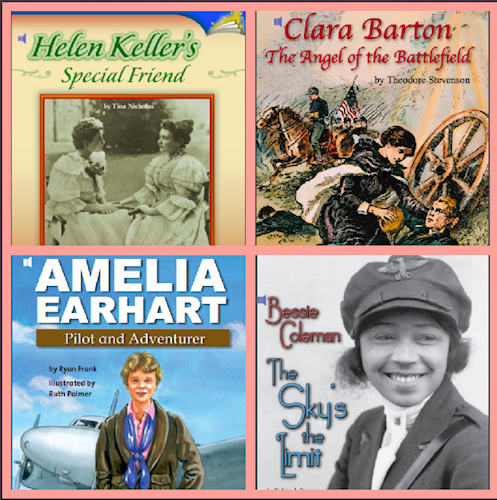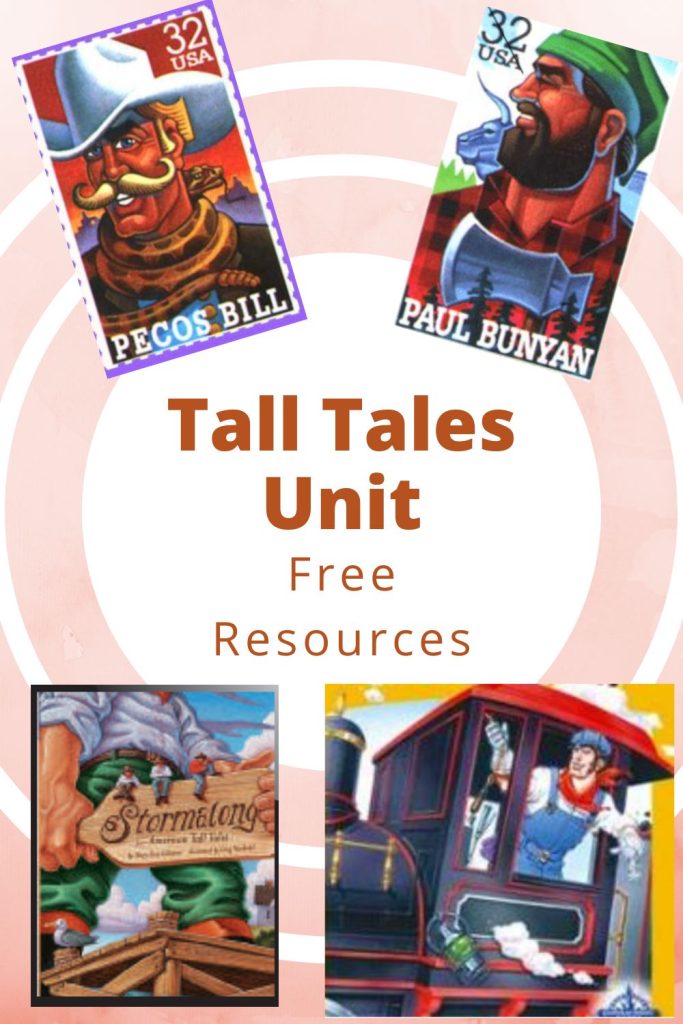If your child is able to read without difficulty but struggles with understanding and remembering what was read, the free resources below may help. These reading comprehension strategies include tips on how to use them effectively, plus free practice activities. Use these resources when you’re reading aloud together or when your child reads independently. With consistent practice, these skills can help your child advance from basic word recognition to developing strong comprehension and retention.
Identify Main Idea & Details
Help your child figure out what the most important parts of the text are.
Ask: What is this part mostly about? What details really matter here?
Summarize: Find who, what, when, where, why.
Visualize
Encourage your child to form a mental picture of what’s happening in the story.
Ask: What do you see in your mind right now?
Draw or describe a scene after reading.
Connect
Help your child link the story to his or her own life, another book, or something happening in the world.
Ask: Does this remind you of anything we’ve done or read before? Can you think of a time when you felt like this character?
Question
Encourage your child to ask questions about what’s going on, why things happen, or what might come next.
Ask: What are you wondering right now? Is there anything you’re confused or curious about?
Write down one or two questions they have while reading.
Infer
Help your child to figure out something that isn’t directly said by using clues in the text.
Ask: What do you think the character is feeling, even if they don’t say it? Why do you think that just happened?
Infer meaning from dialogue, actions, or events.
Synthesize
Help your child put ideas together to understand the big picture or main message.
Ask: What have we learned so far? What do you think the author wants us to learn or remember?
Summarize the theme or message in their own words.
Monitor/Clarify
Encourage your child to pause reading to figure out confusing words or portions of text.
Ask: Does this part make sense to you? Should we slow down or reread that?
Reread or mark confusing parts with a sticky note.
For additional reading comprehension practice, consider Evan-Moor Daily Reading Comprehension workbooks, (#CommissionsEarned), which include many of these types of exercises.
Click here for more reading resources including phonics games, worksheets and workbooks, decodable books, and hands-on activities.












